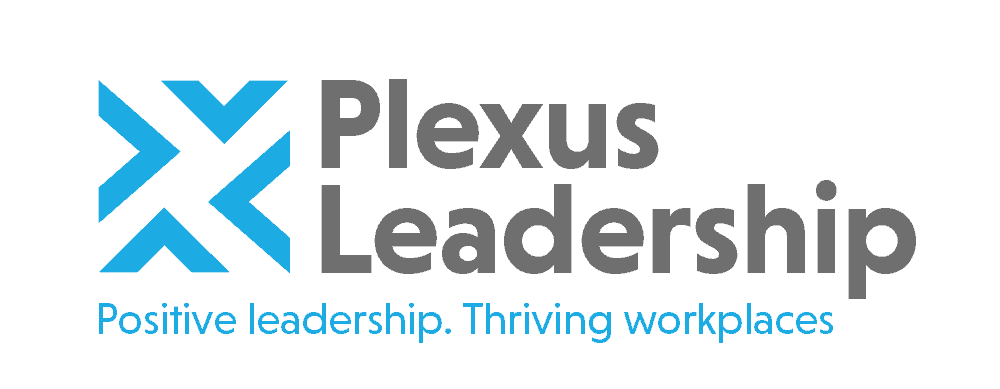Developing and coaching STEM managers and professionals requires understanding how STEM managers and professionals think and work. This, understandably, does not come naturally to all people development experts and business coaches, especially if they are new to the STEM sector.
Think about it. For many parents working in non-STEM organizations, trying to help their children with STEM subjects (including science, ICT and maths) involves entering a challenging and unfamiliar environment compared to the one they inhabit daily.
Similar challenges arise when executive coaches and people development professionals work with STEM (science, technology, engineering, maths) managers and professionals. The ecosystem of STEM organizations is unique in many respects compared with other, more straightforward commercial businesses. Some of the most striking differences are:
- Logic, pragmatism and analytical reasoning are paramount
- Work involves high interdependence between humans and machines/technology
- Self-identity is often deeply rooted in professional qualifications and technical competence
- Technical know-how and expertise are usually a prerequisite to win respect and influence in supervisory and management roles
- Results and innovation are generally produced through strong teamwork in diverse, multi-functional and dispersed teams
- To remain competitive, STEM managers and professionals need to navigate rapid advances in science and technology
- Scientific/technical competence is often regarded as more important than so-called “softer skills” including interpersonal, influencing and political capabilities
In this ecosystem, traditional coaching and people development approaches and tools are often ineffective. So how can coaches and development professionals be successful and deliver maximum value working with STEM managers and teams?
Developing and coaching STEM managers and professionals requires explaining the science and logic behind the learning
Many scientists and technical experts need to understand the rationale for doing something before engaging fully with it. They want to examine the logic and research underpinning the method so development professionals should take time to go through this without using unnecessary jargon, making unproven claims or overdoing their enthusiasm without explaining the approach properly.
Developing and coaching STEM managers and professionals requires conveying positive beliefs about growth potential in non-STEM areas
Refrain from pre-judging your STEM clients’ emotional and social capabilities and potential for growth. Take time to understand their personal strengths and learning goals, as well as their hard-earned professional credentials and expertise. Trust and respect are built by being curious about the person’s background, strengths, learning goals and career aspirations, while maintaining a positive belief that any person is willing and able to strengthen their softer leadership and interpersonal skills if they so choose. Some of the best and most successful leaders I have had the pleasure of working with have STEM backgrounds.
Developing and coaching STEM managers and professionals requires building on the aspirations and strengths of their STEM clients
Many scientific and technical experts have no desire to become experts in social and emotional intelligence, nor do they need to be. Some are more motivated by professional development to strengthen their technical strengths and getting recognition (incl. publications and awards) in their technical field. Be curious about people’s aspirations and differences and accept that many of your STEM clients prefer a technical rather than a managerial career path.
Developing and coaching STEM managers and professionals requires encouraging experimentation
Many scientists and technical experts like to experiment and test new ideas before a full-scale roll-out of their product or solution. So, encourage them to experiment with new ways of thinking, feeling and behaving, including different ways of influencing to get their ideas and solutions adopted by top management. Help them evaluate their experiences and learning so they can choose whether the new habits and techniques are worth integrating into their day-to-day routine.
Developing and coaching STEM managers and professionals requires helping leaders and teams navigate disruptive change
Scientists and technical experts need to be adept at navigating high levels of disruptive change and uncertainty. The pace and scale of changes, particularly rapid technological innovation, puts immense pressure on leaders and teams to make sense of the changes, decide on how to respond and anticipate upcoming changes. You can help STEM managers and teams by equipping them with the mindset, skills and techniques for navigating change, including tools to understand, plan, implement and communicate change. Some of the more popular include personal change styles assessments, stakeholder mapping and analysis, the change curve, Kotter’s 8 step change model, scenario planning, impact analysis, systemic constellations and appreciative inquiry.
Developing and coaching STEM managers and professionals requires building cross-cultural skills
STEM managers and professionals work increasingly in diverse teams across geographic borders. Unlike traditional teams, most communication and decision-making takes place in virtual forums like telepresence, videoconferencing, project management platforms and instant messaging. This requires an excellent understanding of cultural differences and communication styles across diverse cultures and teams, including how to best navigate and leverage these differences to help the team be as productive as possible. Improving your cross-cultural skills and gaining experience working with diverse global teams will strengthen the way you support STEM teams to enable them to outperform.
Plexus Leaderships’ expert team of business psychologists, coaches and consultants all have deep experience of working with STEM clients. That’s how we know these six principles work. By following them other executive coaches and people development professionals will significantly increase their effectiveness when working with STEM professionals too. Doing so will ensure that they provide pragmatic, positive and stretching solutions to accelerate their clients’ learning and release their full potential.
Other Posts

About the Author
James Brook
Founder and MD | Leadership Consultant | Organizational Psychologist
James is a leadership consultant, organizational psychologist and executive coach. He has over 25 years’ experience working with leaders, teams and organizations globally to optimize their performance, talent and future success. He specializes in positive leadership, thriving workplaces, collaboration and influencing, organizational change and transformation, accelerating innovation and coaching executives and leaders in innovative sectors including Tech, Digital, E-commerce and Life Sciences.
Before setting up Plexus Leadership, James held leadership roles in HR and Talent Management in the UK and abroad with companies such as NatWest, Yahoo! and Novo Nordisk Pharmaceuticals. After this, he founded and led several talent and leadership consulting and assessment businesses, including Strengthscope®, an online strengths assessment and development business serving a wide range of UK and global clients. James grew this venture into a global market leader before selling the business in 2018.
James has supported, advised and coached leaders and teams globally across diverse industries and geographies. Clients he has worked with include Allen & Overy, Commvault, Equinor, Facebook, GSK, Hilton, John Lewis, Novartis Pharmaceuticals, NHS, Oracle, Sainsbury’s, Swiss Re, Tesco, Takeda Pharmaceuticals, WSP and Yahoo!.
James has a Master’s in Organizational Psychology, an MBA, an Advanced Diploma in Executive Coaching and a Harvard Business qualification in Sustainable Business Strategy. He is a member of the Institute of Directors, the Association of Business Psychologists and a Fellow of the Chartered Institute of Personnel and Development (FCIPD). He is currently undertaking a PhD in Organizational Psychology examining the start-up experiences of Tech and Digital entrepreneurs.
James is a regular contributor and speaker on leadership, coaching, innovative talent management and the future of work. His most recent book, Optimize Your Strengths, explores how leaders can create thriving workplaces by inspiring and supporting people to optimize their potential and teamwork to deliver breakthrough results.





